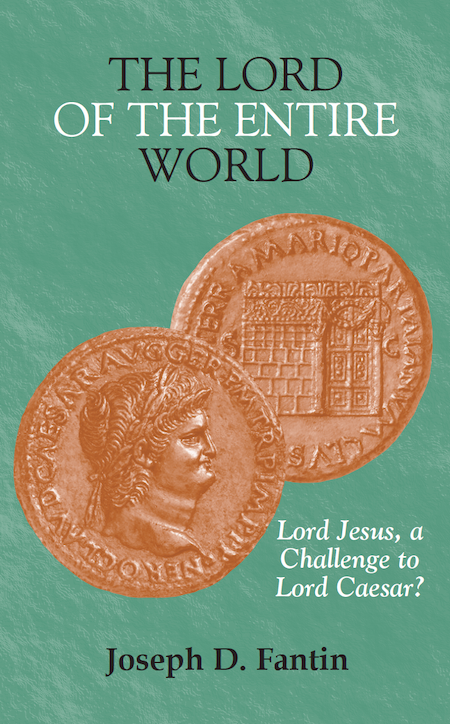The Lord of the Entire World: Lord Jesus, a Challenge to Lord Caesar?
Published: Aug 2011
£70.00
How would the confession, 'Jesus is Lord', have been understood in the first-century Roman world? Was it more than a statement of one's devotion to Jesus? Was it also an implicit challenge to the living Caesar, the lord of the Roman empire?
There were many lords in the first century and the use of the title kyrios was complex. Clearly Paul was influenced by the use of this title for Yahweh in the Greek Old Testament. But he was also part of a culture in which the title was used for many persons, including fathers, slave owners, government officials —and the emperor.
However, the title kyrios was used sparingly of emperors in the early and mid-first century. On the basis of the extant evidence, scholars since Deissmann have come to differing conclusions as to whether a challenge to the emperor is contained in the phrase.
Fantin proposes a more powerful method of resolving the question, drawing upon the insights of relevance theory. He examines a whole range of persons referred to with this title, and evaluates the potential influence of such contexts on Paul's usage. Only then is it possible to draw compelling conclusions on whether any challenge is likely to be implied.
In The Lord of the Entire World, Fantin shows that the living Caesar was indeed acknowledged in Paul's time as the supreme lord of the Roman world. Key New Testament texts such as Romans 10.9, 1 Corinthians 8.6 and Philippians 2.11 show that in all likelihood the Christian confession was in fact a challenge to imperial authority.
The Lord of the Entire World: Lord Jesus, a Challenge to Lord Caesar?
£70.00
How would the confession, 'Jesus is Lord', have been understood in the first-century Roman world? Was it more than a statement of one's devotion to Jesus? Was it also an implicit challenge to the living Caesar, the lord of the Roman empire?
There were many lords in the first century and the use of the title kyrios was complex. Clearly Paul was influenced by the use of this title for Yahweh in the Greek Old Testament. But he was also part of a culture in which the title was used for many persons, including fathers, slave owners, government officials —and the emperor.
However, the title kyrios was used sparingly of emperors in the early and mid-first century. On the basis of the extant evidence, scholars since Deissmann have come to differing conclusions as to whether a challenge to the emperor is contained in the phrase.
Fantin proposes a more powerful method of resolving the question, drawing upon the insights of relevance theory. He examines a whole range of persons referred to with this title, and evaluates the potential influence of such contexts on Paul's usage. Only then is it possible to draw compelling conclusions on whether any challenge is likely to be implied.
In The Lord of the Entire World, Fantin shows that the living Caesar was indeed acknowledged in Paul's time as the supreme lord of the Roman world. Key New Testament texts such as Romans 10.9, 1 Corinthians 8.6 and Philippians 2.11 show that in all likelihood the Christian confession was in fact a challenge to imperial authority.

